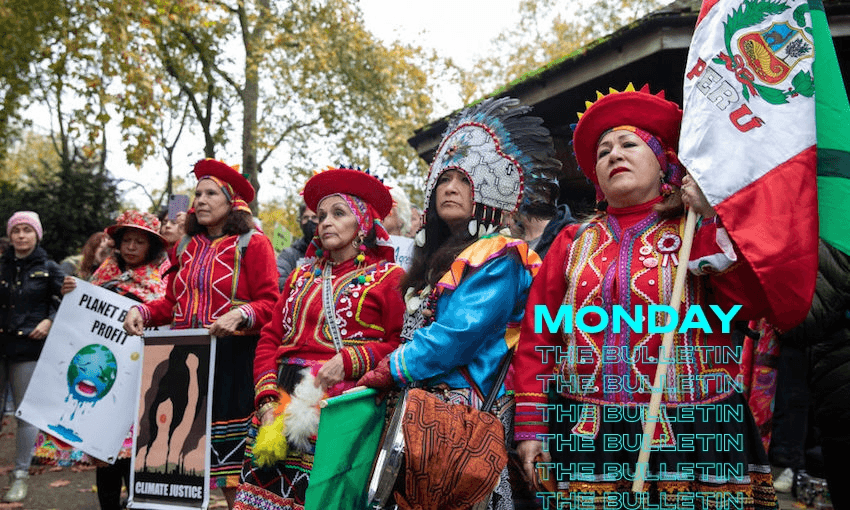The UN climate summit in Glasgow produced a lot of promises, but will they come close to stopping global warming?
The big promises. The UN climate summit (Cop26) concluded in Glasgow over the weekend with the signing of the Glasgow Climate Pact, an agreement between nearly 200 countries to phase down coal use (the worst of the fossil fuels) and phase out inefficient fossil fuel subsidies.
Words matter. The original wording in the pact referred to a “phase out” of coal but on the final day of discussion, India requested that they be changed to “phase down”. India is currently the third-largest emitter of greenhouse gases, behind China and the US. Their opposition to the “phase out” wording was supported by China and eventually accepted by the assembly in order to pass the deal.
At the same time, the US led an opposition to the wording of the original proposal to phase out fossil fuel subsidies, resulting in the inclusion of the words “unabated” and “inefficient”. It’s not yet clear how a fossil fuel subsidy’s “efficiency” will be measured, reports Stuff’s Olivia Wannan, whose analysis from Glasgow is unmatched.
The 1.5 degree target remains. The Paris Agreement in 2015 (Cop21) raised a goal to limit global warming to 1.5 degrees Celsius. The pledges made in Glasgow are a step in the right direction but are not expected to meet the requirements to achieve that goal. The softened wording certainly won’t help.
More “loss and damage” for developing countries. It is now widely understood that the countries doing the least to cause the climate crisis are the ones suffering the most as a result of it. Our Pacific neighbours the Marshall Islands fall into this category, as reiterated by activist Kathy Jetn̄il-Kijiner on Q+A. Developing countries sought a firm pledge from developed countries to provide financial assistance for this loss and damage, but while the damage was acknowledged in the Glasgow pact, financial discussions have been pushed to Cop27.
As a bigger power in the region, the onus is on New Zealand to act in the interests of all Pacific countries, but as KDee Aimiti Ma’ia’i and Marco de Jong wrote for The Spinoff, we don’t exactly have a track record to be proud of in that regard.
In fact, New Zealand is already underperforming. On the penultimate day of Cop26, the Climate Action Network awarded New Zealand the “Fossil of the Day” which recognises “countries that have done the most to block or undermine progress in the negotiations”. The “win” was roundly criticised by environmental groups in New Zealand.
For a simple, objective assessment of New Zealand’s pledges and targets, see the Climate Action Tracker. Spoiler alert: our Nationally Determined Contributions (NDC) have been given the rating of “Highly Insufficient” and even with a new, more ambitious target, “still not consistent with the Paris Agreement’s 1.5 degree limit”.
A verdict from Oxfam International executive director Gabriela Bucher: “Developing countries, representing over 6 billion people, put forward a loss and damage finance facility to build back in the aftermath of extreme weather events linked to climate change. Not only did rich countries block this, all they would agree to is limited funding for technical assistance and a “dialogue”. This derisory outcome is tone deaf to the suffering of millions of people both now and in the future. It’s painful that diplomatic efforts have once more failed to meet the scale of this crisis.”
This is part of The Bulletin, The Spinoff’s must-read daily news wrap. To sign up for free, simply enter your email address below


